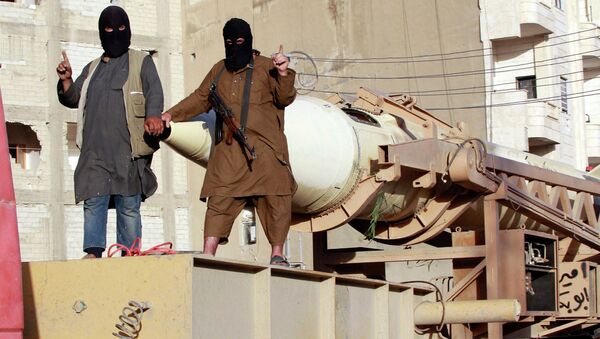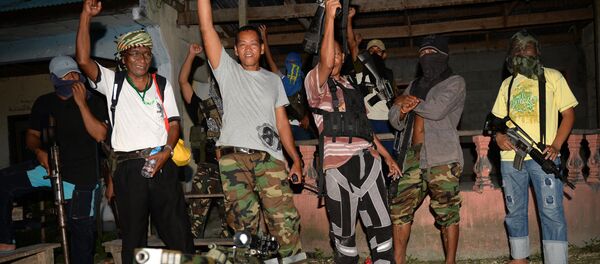At least seven people were killed and another twenty-six were injured in explosions and gun assaults which hit the Indonesian capital.
Steven Rood, the Asia Foundation's Country Representative in the Philippines and Pacific Island Nations, spoke to Radio Sputnik about the recent incident and how the government can prevent such attacks from happening again.
Rood said that although Muslims in Indonesia and other Southeast Asian countries are moderate, the governments must nevertheless win over communities in order to prevent their radicalization.
“It’s definitely [Daesh's intent] to reach out and establish their presence. There have been groups in the Philippines that are trying to claim allegiance to the Islamic State although that has yet to be reciprocated.”
Rood noted that it might look like Abu Sayyaf, a militant Islamist group based in and around Jolo and Basilan in the southwestern part of the Philippines, has degenerated into just a criminal group, but it adheres to Daesh ideologically.
Talking about how the government can prevent this from happening, Rood said, “The governments need the community to turn against the radicals in order to be able to manage the conflict. Lone-wolf attacks can still occur but generalized problem can be averted if the community is on your side,” the analyst said.
He added that the Philippines in the Southeast Asia may serve as a safe haven for radicals due to its geography, and that governments should pay special attention to their border security. "We need to tighten border security and there needs to be better intelligence-sharing throughout Southeast Asia," Rood concluded.



